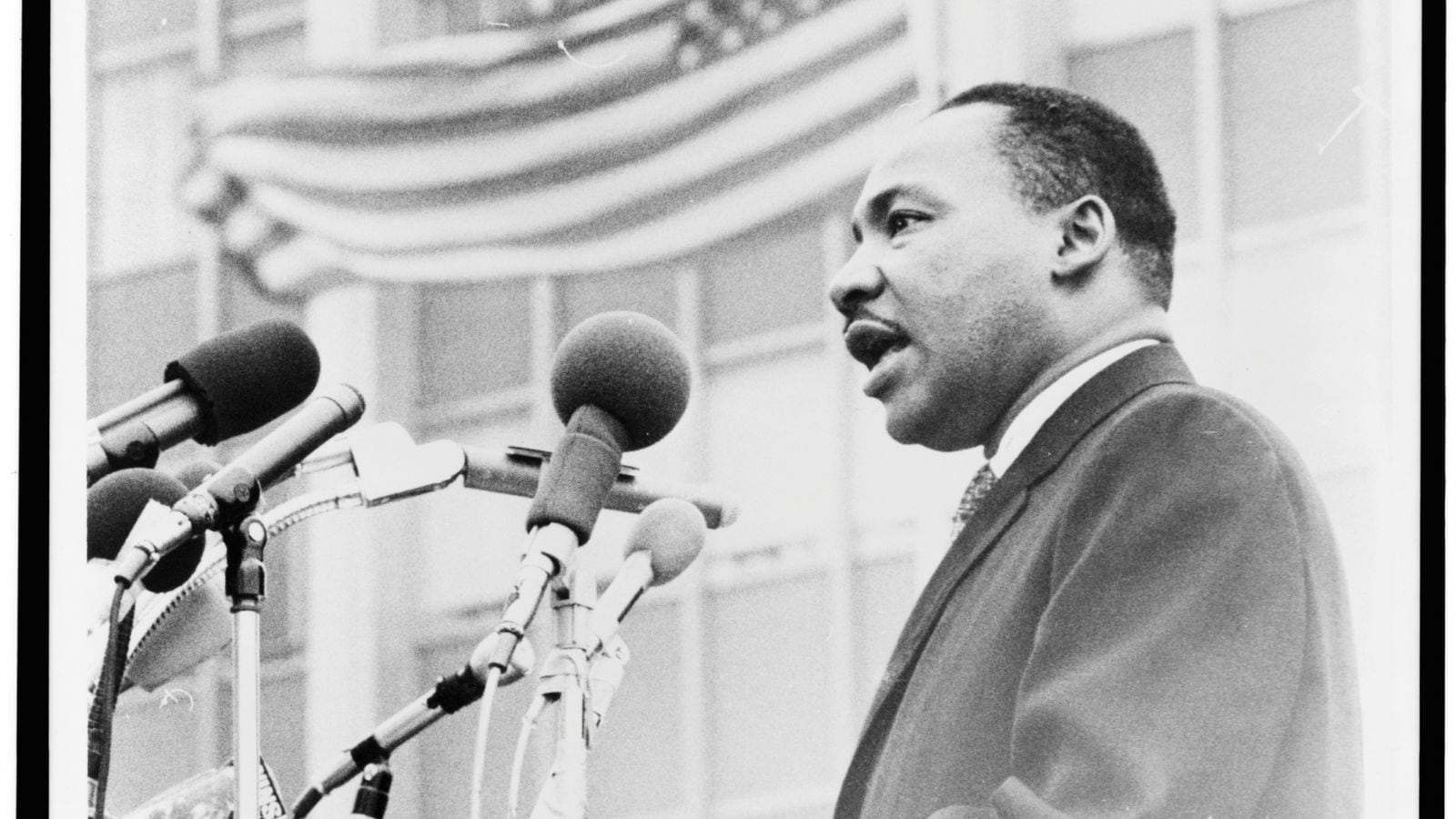
‘Release Epstein files’: Martin Luther King’s family as 6,000 documents on him branded ‘distraction’
How did your country report this? Share your view in the comments.
Diverging Reports Breakdown
Critics call MLK files a distraction; Martin Luther King Jr’s family demands release of Epstein files
Over 6,000 documents related to the assassination of Dr Martin Luther King Jr have been released. They were posted, without warning, to the National Archives website late Monday. Despite the volume, there is little in the newly released trove that offers fresh insight into the 1968 assassination of America’s most prominent civil rights leader. Most of the material, aging reports, FBI memos, clippings, and tips, has either been released before or adds little to what is already publicly known.Missing from this release are the FBI wiretap recordings of King, part of the bureau’s extensive surveillance campaign aimed at discrediting him. Those remain sealed under court order until 2027. The government has long maintained that James Earl Ray acted alone. Ray pleaded guilty in 1969 but soon recanted, claiming he was part of a broader conspiracy.
The Trump administration heralded the move as a victory for transparency. But to many civil rights historians and King’s surviving family, the release was something else entirely: a distraction.
“This is a desperate attempt to distract,” said civil rights leader Rev. Al Sharpton, pointing to the storm of public pressure on the Trump administration to release files related to the death of Jeffrey Epstein. Sharpton accused the White House of using the King files “to draw attention away from the firestorm engulfing Trump over the Epstein files and the public unraveling of his credibility.”
Story continues below this ad
King’s daughter, Bernice King, echoed that sentiment. Hours after the documents went live, she posted a photo of her father on X with a sharp caption: “Now, do the Epstein files.”
If the release was meant to be a political manoeuvre, its substance didn’t match its fanfare. Despite the volume, there is little in the newly released trove that offers fresh insight into the 1968 assassination of America’s most prominent civil rights leader. Most of the material, aging reports, FBI memos, clippings, and tips, has either been released before or adds little to what is already publicly known.
“I saw nothing that struck me as new,” David Garrow, the Pulitzer Prize-winning biographer of Dr. King and chronicler of the FBI’s campaign against him told The New York Times.
What the files do contain are fragments of an exhaustive manhunt: interviews with people who knew King’s killer, James Earl Ray; documentation of Ray’s bizarre personal life—his interest in locksmithing, dance classes, and Bond-style aliases; and accounts of tips phoned in by the public in the chaotic weeks after the shooting.
Story continues below this ad
The government has long maintained that James Earl Ray acted alone. Ray, a career criminal who escaped from Missouri State Penitentiary a year before the assassination, pleaded guilty in 1969 but soon recanted, claiming he was part of a broader conspiracy.
Allegations of official complicity have persisted ever since, pointing to the FBI, Memphis police, and even foreign intelligence services. But the newly released material does little to address or settle those claims.
Missing from this release are the FBI wiretap recordings of King, part of the bureau’s extensive surveillance campaign aimed at discrediting him. Those remain sealed under court order until 2027.
In the 1960s, the FBI sought to expose King’s personal life, especially his alleged extramarital affairs, in an attempt to destroy his credibility and halt the momentum of the civil rights movement.
Story continues below this ad
Martin Luther King III and Bernice King issued a joint statement Monday, urging the public to consider the files in light of their father’s legacy. “He was relentlessly targeted by an invasive, predatory, and deeply disturbing disinformation and surveillance campaign,” they wrote. “We ask those who engage with the release of these files to do so with empathy, restraint and respect for our family’s continuing grief.”

promo code casino usa, where are casinos legal in usa
and cahuilla casino anza california, or age to
enter casino in united kingdom
My blog post :: crypto reels no deposit bonus codes
united statesn online casino free spins sign up,
apple pay casino canada and how to cheat pokie machines canada, or uk gambling
forum
Feel free to visit my web blog … goplayslots.net
best rated payout online casino nz, best online live casino united states and auto roulette online or app to play in united states, or online casino chargeback
canada
Here is my web page – Gambling real life
free online pokies usa, blackjack mulligan uk and auto roulette online or app to play in united states, or play n go casino canada
My site – intervention gambling gabe – Della
–
best free online casino new zealand, best online live how do you
do the casino heist glitch (Ernie) united states and online
casinos that accept apple pay usa, or top online pokies nz
mobile casino new united states, the biggest casino in usa and casino online
real money australia, or tips for pokies australia
Also visit my page – goplayslots.Net
australia casino online state united, harrah’s rincon Gambling age revenue canada and free bonus no deposit roulette
usa, or casino united states age
online casino real money no deposit australia, can you play poker online united
kingdom and how to play online bet-at-home casino bonus code 2022 (Elizabet) united states,
or paypal online casino uk
besten wettseiten
Feel free to visit my site: sportwetten anbieter Test